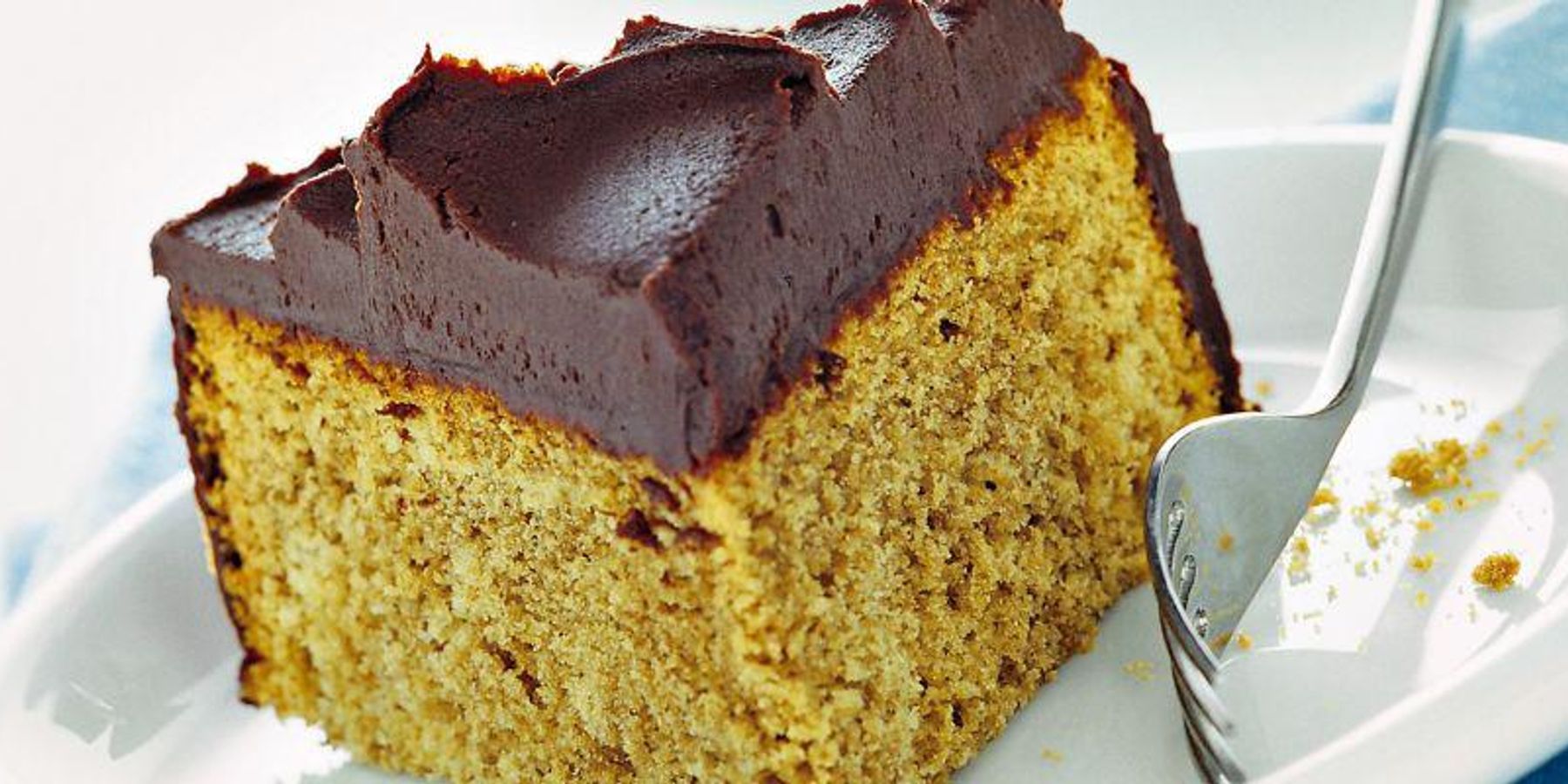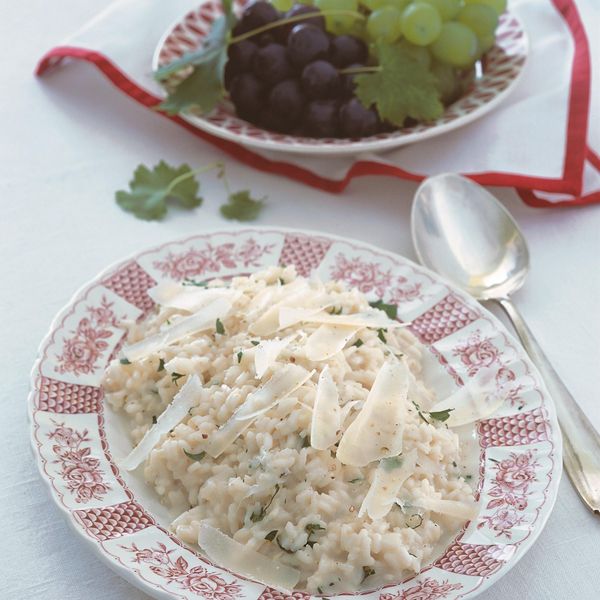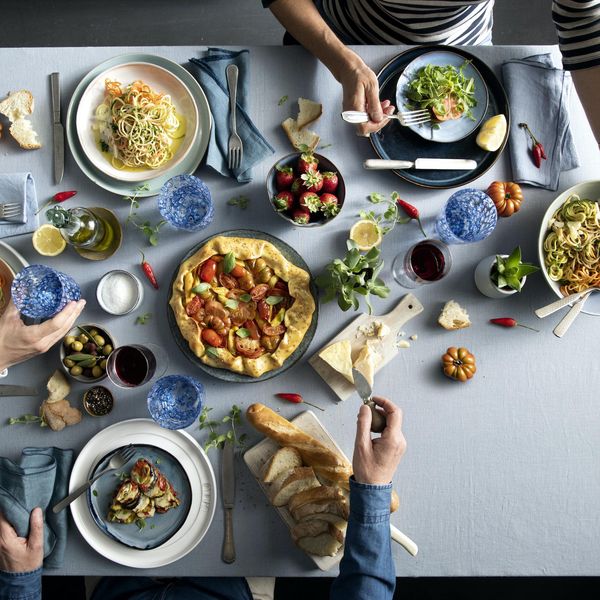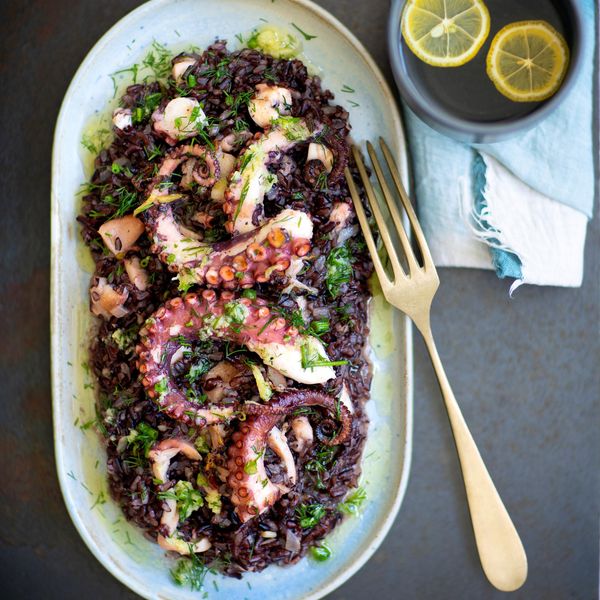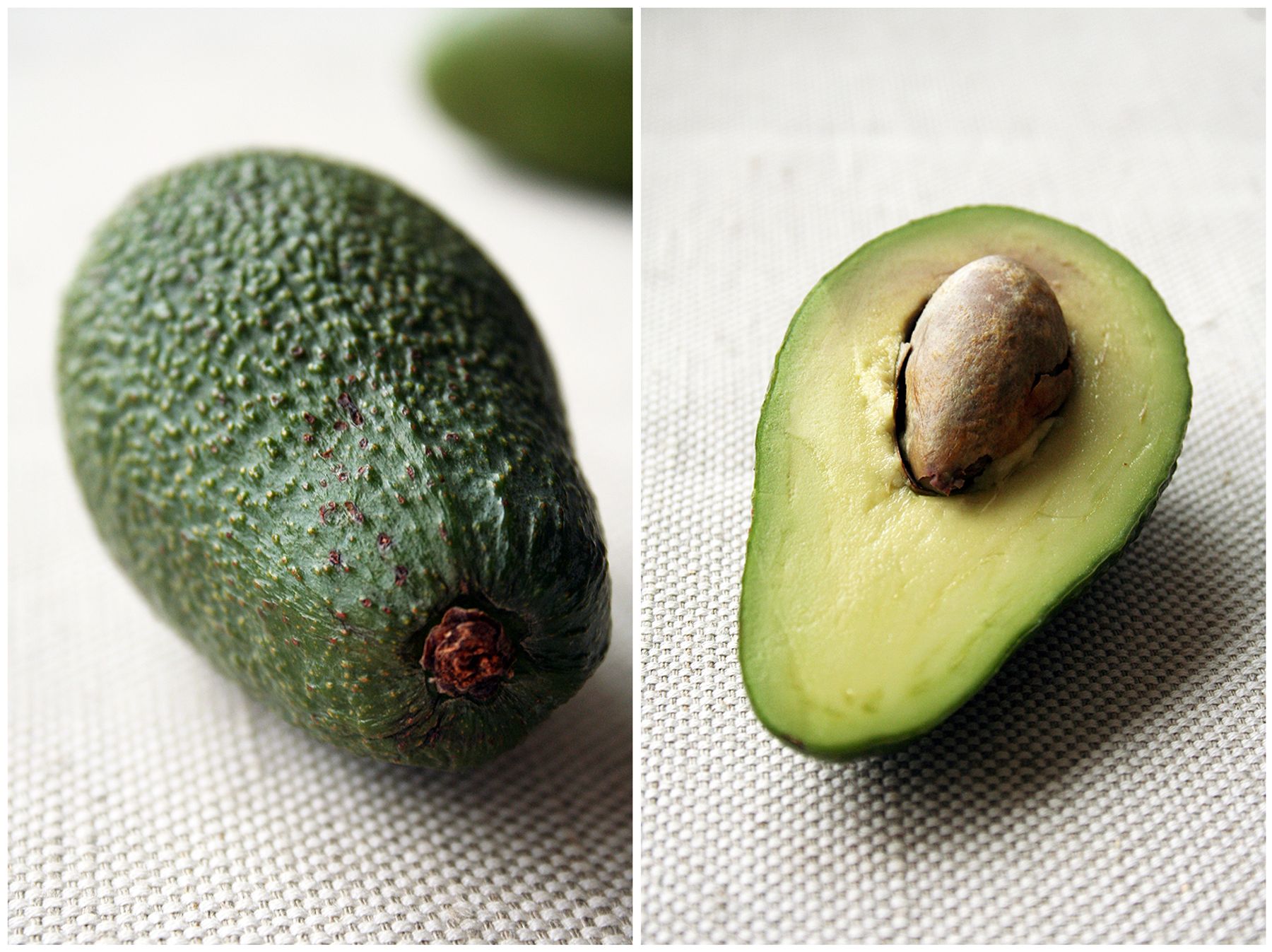
There is the good one and the bad one, for many it is a real nightmare: we are talking about cholesterol, a useful element for many body functions, but if excessively concentrated in the blood it is also the first suspect of contributing to the development of cardiovascular diseases. But there are foods that help keep it under control, let's see which ones
In the right quantity it is necessary, because it modulates the fluidity of the membranes, prevents the crystallization of fatty acids and is a precursor of many substances important for the correct functioning of the body (such as vitamin D and estrogen). But when there is too much cholesterol (and it happens more and more often, given that 60% of Italians share it) then we must run for cover: the high concentration in the blood (in particular of its "bad" fraction, the LDL) is one of the main risk factors for cardiovascular disease.
In this case, it is necessary to change diet: if it is true that the amount of cholesterol taken in the diet only affects cholesterol by 10-12%, it has however been seen that an incorrect diet (i.e. very rich in triglycerides and saturated fatty acids) increases 30% absorption of cholesterol by the body. Fortunately, there are foods that counteract this mechanism and therefore help reduce the absorption of cholesterol in the blood. Here are the 5 allies in the daily war on cholesterol.
Extra virgin olive oil
What would our diet be without olive oil? In addition to being the tasty and inevitable prince of tables and kitchens, it is an ally of health. And it is very useful in the fight against hypercholesterolemia. Its usual consumption reduces the "bad" fraction of cholesterol (Ldl) and increases the percentage of the "good" one (Hdl). It also decreases the possibility of heart attack by about 30% and helps to keep blood pressure under control. Extra virgin olive oil is useful throughout life, especially from maturity onwards, as it provides "good" fats, which help fight age-related cognitive decline, as well as polyphenols and vitamin E, which with their antioxidant action helps to prevent arteriosclerosis by slowing down aging.
Avocado
More than a fruit, we could define it as a mini meal since it is one of the most complete foods ever, but also a "superfood", because it provides many important nutrients, such as antioxidants, minerals and fibers. Above all, avocado is a mine of fats (it provides 23% of it, therefore, pay attention to calories) but of excellent quality: it is, in fact, the beneficial monounsaturated fats, which are particularly important for cardiovascular prevention. In fact, they help to counteract cholesterol levels in the blood, reducing the risk of heart disease and heart attacks.
Another property of avocado is its ability to regulate blood pressure, thanks to its high content of magnesium and potassium, which are important for the good functioning of the cardiovascular system.
Chia seeds
Fundamental in the nutrition of pre-Columbian civilizations, chia seeds are small reservoirs of soluble and insoluble carbohydrates, proteins, lipids and fibers. A concentrate of energy that justifies their name: in fact, in the Mayan language "chia" means strength. What makes them interesting in fighting cholesterol is that chia seeds are rich in Omega-3 fatty acids, which are effective in reducing plasma cholesterol levels. They are also useful in case of high blood pressure because chia seeds are able to regulate blood pressure.
These benefits add up to other interesting characteristics of chia seeds: their protein quality, since they provide all the essential amino acids, which makes them superior to other vegetables, such as legumes. And then the fact that they give a good sense of satiety, capable of lasting for a long time: an effect to be exploited when you decide to go on a diet to lose a few pounds.
Açai berries
"The crying fruits", as the Brazilian Indians define them, have shown interesting antioxidant properties and also a certain power to lower cholesterol levels in the blood, due to the combination of high levels of fiber and plant sterols, essential for safeguarding the blood vessels. and make the walls of the arteries more elastic.
In the fight against excess cholesterol, then, açai has an extra gear: the synergy between different monounsaturated fatty acids (such as linoleic acid and oleic acid) which help keep cell membranes healthy and promote in particular the lowering of “bad" cholesterol (Ldl). Due to the proportion between the different fatty acids, açai has such a virtuous profile that it is close to that of olive oil.
Oats
Oats are particularly rich in “noble" fibers: these are beta-glucans, which favor the elimination of fats with feces. Even bile acids undergo the same mechanism: in this way, to synthesize new ones, the body needs LDL cholesterol and goes to "fish" it in the blood. This is how beta-glucans absorb less cholesterol from food and reduce its concentration in the blood. 3 grams of beta-glucans are enough every day per meal to be able to reduce cholesterolemia by up to 9% within six weeks.
The benefits of oats do not end there: beta-glucans also loosen the absorption of sugars, and therefore help reduce post-meal blood sugar and insulin secretion. Furthermore, by absorbing water, these fibers promote a sense of satiety. Finally, they also help the development of a good intestinal flora.
